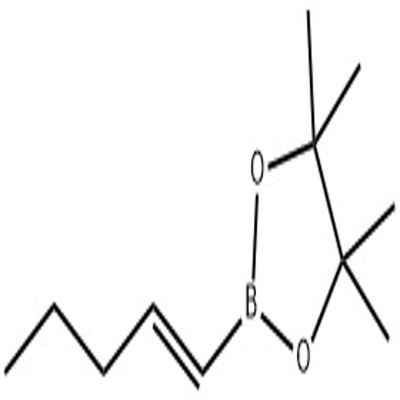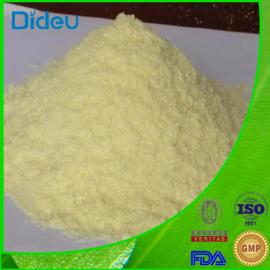-
Categories
-
Pharmaceutical Intermediates
-
Active Pharmaceutical Ingredients
-
Food Additives
- Industrial Coatings
- Agrochemicals
- Dyes and Pigments
- Surfactant
- Flavors and Fragrances
- Chemical Reagents
- Catalyst and Auxiliary
- Natural Products
- Inorganic Chemistry
-
Organic Chemistry
-
Biochemical Engineering
- Analytical Chemistry
- Cosmetic Ingredient
-
Pharmaceutical Intermediates
Promotion
ECHEMI Mall
Wholesale
Weekly Price
Exhibition
News
-
Trade Service
On October 27th, Boya announced that the Drug Review Center of the State Drug Administration had accepted its clinical trial application for a gene-editing therapy product for transfusion-dependent β thalassemia, ET-01, or CRISPR/Cas9 gene-modified self-made CD34 plus hematocyte injection of BCL11A red line enhancers.
refers to a group of hereditary hemolytic anemias that are partially or completely inhibited by the synthesis of the globin peptide chain due to the loss or point mutation of the globin gene.
Depending on the type of globin peptide chain synthesis disorder, thalassemia is generally classified as α thalassemia, β thalassemia, γ thalassemia, δ thalassemia, beta thalassemia and gamma beta thalassemia.
clinically, the most common cases are α thylamic anemia and β thalassemia, caused by a decrease in one of the two peptide chains (α or β) that make up hemoglobin (HbA, alpha2 beta2) in normal adults.
normal, people in the first 6 months of life, will be from fetal hemoglobin-based to adult hemoglobin-based.
and a β of patients with low-lying poverty are relieved by the high expression of fetal hemoglobin.
, gene editing improves the expression of fetal hemoglobin in patients, a method that can treat most β poor patients.
, the number of people living with the gene for thalassemia is as high as 30 million, and the number of people with medium to severe thalassemia is as high as 300,000.
, there are still huge unsealed medical β with blood transfusion-dependent patients with thalassemia.
ET-01, an autosomal CD34 plus hematocyte injection modified by the CRISPR/Cas9 gene modified BCL11A red line enhancer, is a product at the research stage for the treatment of transfusion-dependent type β thremia.
ET-01 primary fluid is made from red line enhancers of the CRISPR/Cas9 system editing the BCL11A gene by collecting a single nucleocyte of the patient's self-mobilizing exosome blood.
clinical trial plans to evaluate the safety and β of ET-01 single transplants in patients with transfusion-dependent patients with thalassemia.
for ET-01, Boyain released some of the data in December 2019 at the 61st Annual American Hematological Society (ASH).
presentation focused on ET-01 clinical-scale production, as well as data on the safety and effectiveness of in vitro and in vivo preclinical studies supporting subsequent clinical trials.
These data can show that in ET-01, the specific DNA targets of the provider's own CD34 plus hematopoietic stem cells are modified with high efficiency and precision, and fetal hemoglobin levels are significantly improved in in-body differentiated red blood cells, as well as safety in preclinical studies.
note: There are deletions in the original text







